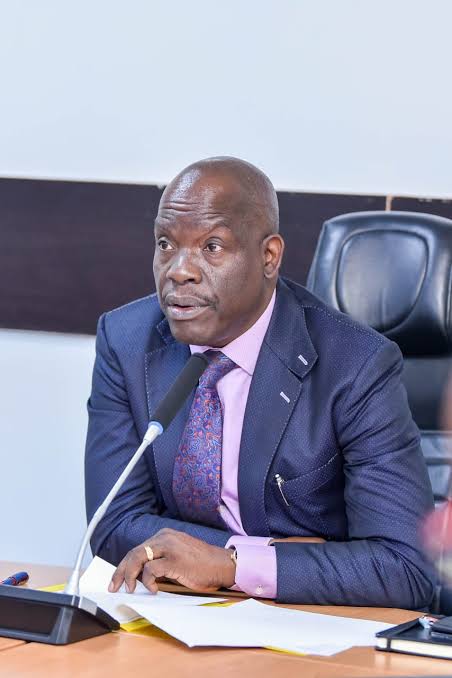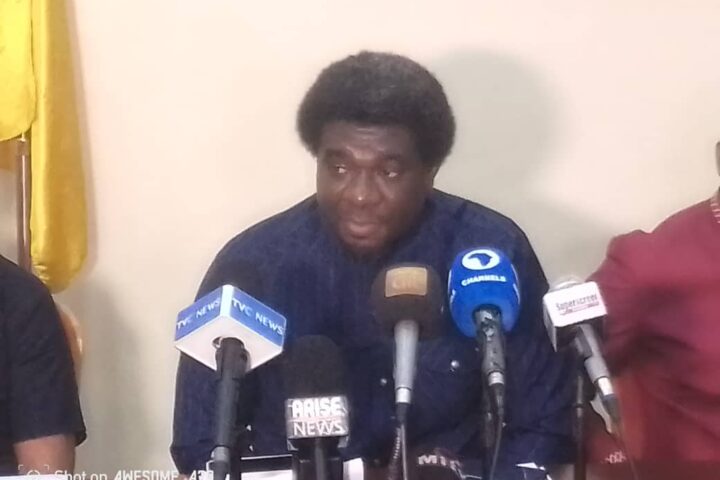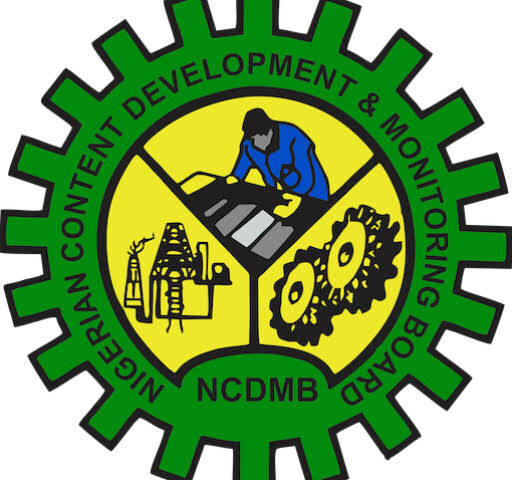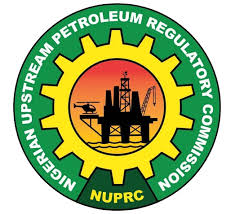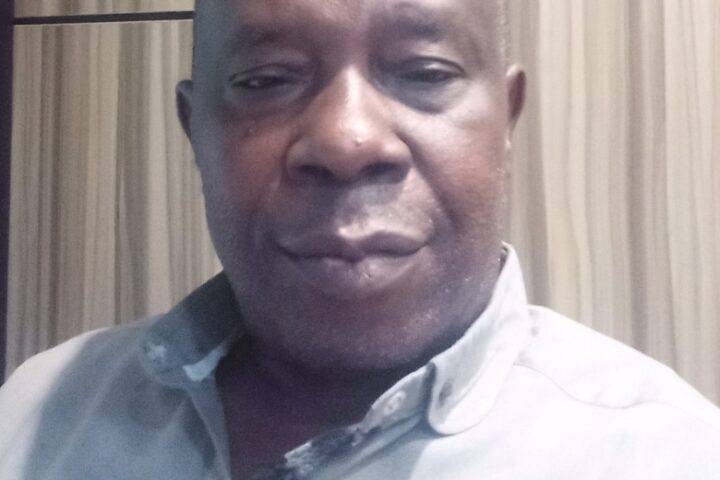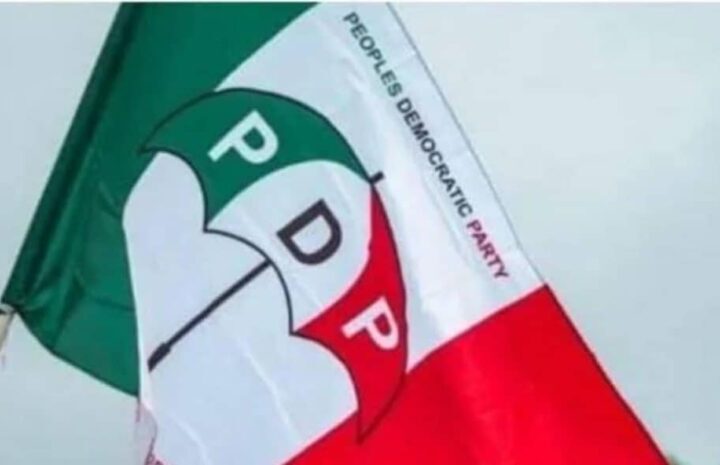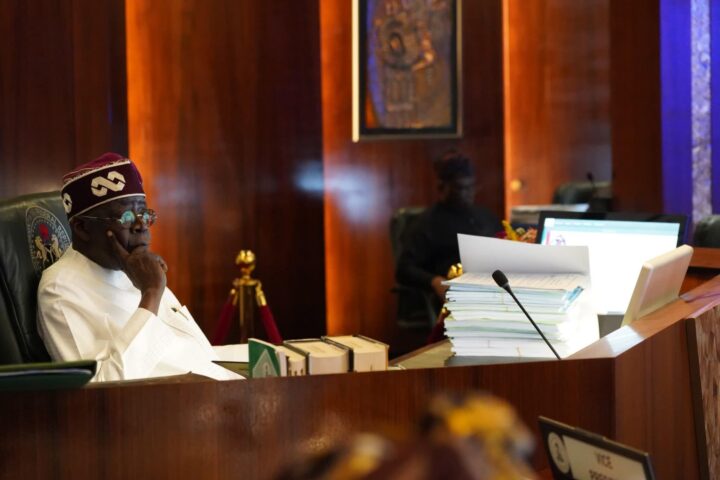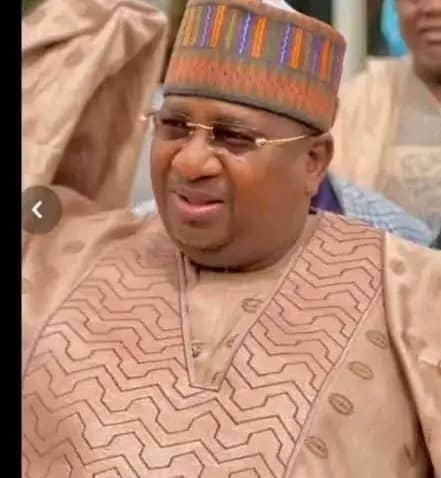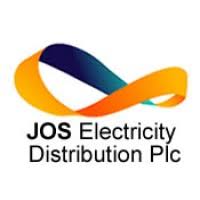The Commission Chief Executive (CCE) of the Nigerian Upstream Petroleum Regulatory Commission (NUPRC), Engr. Gbenga Komolafe, has advised Dangote Petroleum Refinery and Petrochemicals and the Petroleum and Natural Gas Senior Staff Association of Nigeria (PENGASSAN) as well as the Nigeria Union of Petroleum and Natural Gas Workers (NUPENG) to employ dialogue to settle their lingering rift
He emphasized that all parties in the dispute should common ground to resolve their dispute in the interest of the country.
In a statement on Sunday, the CCE said, “Regardless of the fact that the issues involved are purely mid and downstream affairs, our take is that parties should refrain from what will cause disruption in energy supply in the country. We believe that the issues involved are issues that parties can actually sit down, discuss, and reach an amicable solution for the good of the country.”
Speaking on the successes recorded in combating crude oil losses, Komolafe said the express directive of President Bola Ahmed Tinubu to eliminate oil losses using both kinetic and non-kinetic approaches has yielded positive results.
He emphasised the import of protecting the integrity of Nigeria’s oil and gas sector, adding that negative narratives could deter potential investors.
According to him, President Tinubu’s directives to security agencies and the Commission had reduced crude oil losses by about 90% between 2021 – when the Commission was established – and 2025.
He said that a set of kinetic and non-kinetic measures had been adopted to curb the menace of oil theft.
He stated that the Commission had introduced two regulations designed to complement the efforts of the general security.
“These are the upstream measurement regulation and the advanced cargo declaration regulation,” the NUPRC boss stated.
He described the regulations as pioneering initiatives in Nigeria’s over 70 years of oil and gas exploration and development.
He stated that for the first time, Nigeria now has regulations that track every molecule of crude oil loaded from its terminals to the discharge point.
He added:“So, the Commission has intuitively put these two regulations in place, and the regulations are designed in a way to be implemented in two phases.
“So, we have implemented the first phase and that is what we are trying to speak to, as it relates to the Federal Executive Council approval in respect of the Engineering Metering Audit.”
He further explained that it was long overdue to carry out an engineering integrity assessment of all the metering facilities that have been operating for decades.
Komolafe said in the past, international oil companies were the ones informing Nigerians of the quantities of oil exported.
He said: “So, we want to change that trajectory. In fact, our objective is to ensure that we get that done on a real-time basis. This is where we are going to against the production report.”
The first phase, which is the establishment of a statutory regulatory framework, has been achieved in accordance with the provisions of the Petroleum Industry Act, he said..
Speaking on the Advanced Cargo Declaration regulation, he explained that the objective is to ensure that every molecule of crude loaded from Nigeria’s terminals is tracked digitally and in real time up to the discharge point.
He added:“We want to track every barrel of crude that is loaded in a tanker so that if a tanker loads 1 million barrels of crude, and it ends up discharging 1.2 million barrels of crude, we will instantly be able to flag it, because the system will be able to flag that the tanker is discharging above the permitted volume.”


